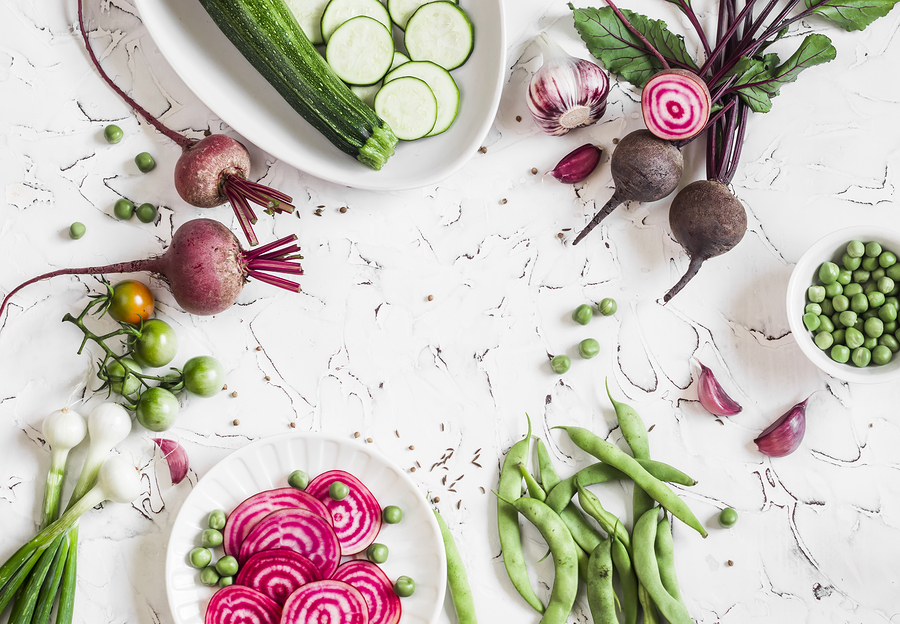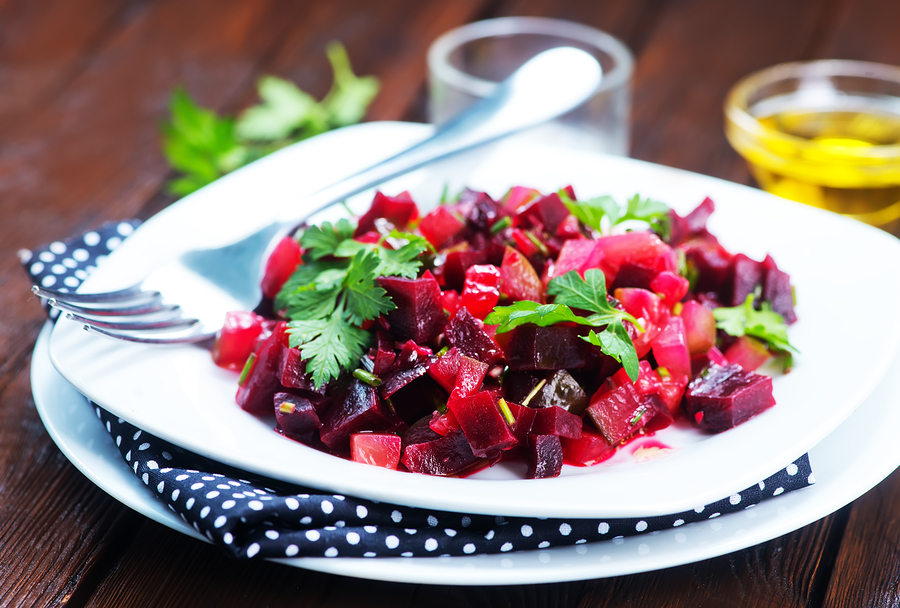- Make It Yourself Lavender Heart-Shaped Bath Bombs!
- 20 Things You Never Knew About “Down There”
- 12 Best Foods For Those Suffering From Arthritis Pain
- 12 Personal Hygiene Mistakes Almost Everyone Makes (Mom Never Told You About #4!)
- 15 Medicinal Plants And Herbs From The Cherokee People
- 12 Mind-Blowing Benefits Of Drinking Coconut Water During Pregnancy
- 12 Outstanding Winter Foods That Won’t Fatten You Up Like A Christmas Turkey
You Surely Are Not Getting Enough Of This Nutrition Powerhouse!

Photo credit: bigstock.com
The juicing craze that’s gained attention over the last few months has led to a number of vegetables experiencing a boost in popularity. One the most notable cases of sudden vegetable fame is the humble beet.
Beets are filled with health benefits that have made them a staple side dish for centuries, and more recently, a prime ingredient in homemade juices. But Eastern Europeans learned many centuries ago that the most beneficial way to enjoy beets may actually be in the fermented form. Keep reading to get the explanation on why fermented beets are the best food you’re probably not eating and learn the simplest healthy recipe for making fermented beets!
The Many Health Benefits of Beets
Before diving into the specific benefits associated with fermented beets, it is important to understand that beets are also very healthy when consumed raw or cooked.
Beets are rich in minerals like manganese, iron, potassium, magnesium, copper, as well as fiber, B vitamins, and vitamin C. In both solid and juice form, it also has powerful antioxidant properties and contains compounds like betaine, interleukin 6, and C reactive proteins, which fight inflammation. Beets have been shown to demonstrate cancer-fighting properties as well. Beet root extract has been used in research settings for potential cancer treatments, and studies have yielded positive results. It is believed that this is linked to the phytonutrients that give beets their signature reddish-purple color. Further testing is underway to determine the effectiveness and potential of beet extract as a treatment for breast, prostate, and other forms of cancer.
One of the most significant benefits linked to beets and beet juice consumption is the improvement of cardiovascular health. Numerous studies have shown how beets can lower blood pressure, decrease the risk of heart attack or stroke, and improve stamina. This is in large part due to the presence of nitrates that are converted into nitric oxide once they are in the body.
Continue to Page 2

Photo credit: bigstock.com
Fermented Beets Health Benefits
Now, let’s get into the specifics of fermented beets. When prepared in this way, beets will offer a variety of other health benefits in addition to those listed above. The fermentation process makes all beets’ nutrients more bioavailable than they normally would be, and the enzymes and bacteria improve digestion and the overall health of the gut biome.
There are a number of different ways pickled beets can be prepared. They can be pickled like cucumbers, or added to other fermented dishes like sauerkraut. A type of fermented beet juice called beet kvass is a traditional health drink in Russia and Eastern Europe, and it has recently become more widely consumed in other regions of the world as fermented foods have become more popular.
Kvass is used as an overall health tonic (kind of like apple cider vinegar) and is also an ingredient in many soups, like borscht, vinaigrettes and more. In Eastern Europe and Russia, it was and still is used as a traditional folk remedy for many health problems like allergies, kidney stones, fatigue, indigestion, and even to reduce the greying of hair.
It is important to note that fermented beets also have detoxifying properties. Drinking too much kvass, for instance, can cause constipation and bloating. If you want to begin drinking kvass regularly, Dr. Joseph Mercola recommends starting out small with just one ounce each day, then working up to 1 cup (8 ounces) per day.
Continue to Page 3

Photo credit: bigstock.com
Fermented Beets Healthy Recipe
To make your own fermented beets, follow these simple instructions:
1 jar of pickled beets: Take 6 medium or large beets and combine with 2 cups of water and one half teaspoon of sea salt. You can also add seasonings like fennel seeds or mustard seeds, but this is optional (you’ll also need a jar, obviously).
WATCH NOW: Great Reasons To Add Beet Juice To Your Diet Video
After you have washed the beets, poke a series of holes in them, place the beets on a tray and bake them at 300 degrees until they are soft (usually takes around 3 hours, but check them often during baking to make sure). After you have baked them, chop up the beets into smaller pieces, place them in a canning jar. A quart-sized jar would be appropriate for the ratios here.
Prepare a brine with the water and sea salt. Add the sliced beets to the jar and pour the brine in. It is important to leave about one and a half inches of empty space in the jar, so don’t fill it up completely, or it will not ferment properly. Seal the jar and wait for three days for the fermentation process to take effect, then refrigerate.
Try this recipe or some kvass today and you’ll see why these fermented treats just can’t be “beet”. (Sorry).
References:































